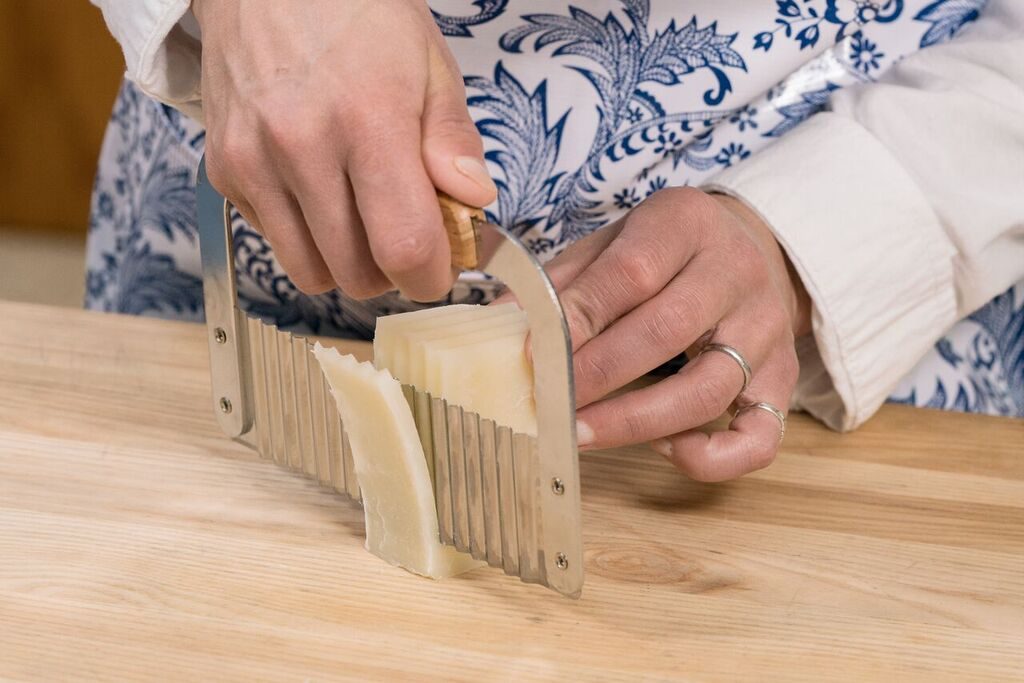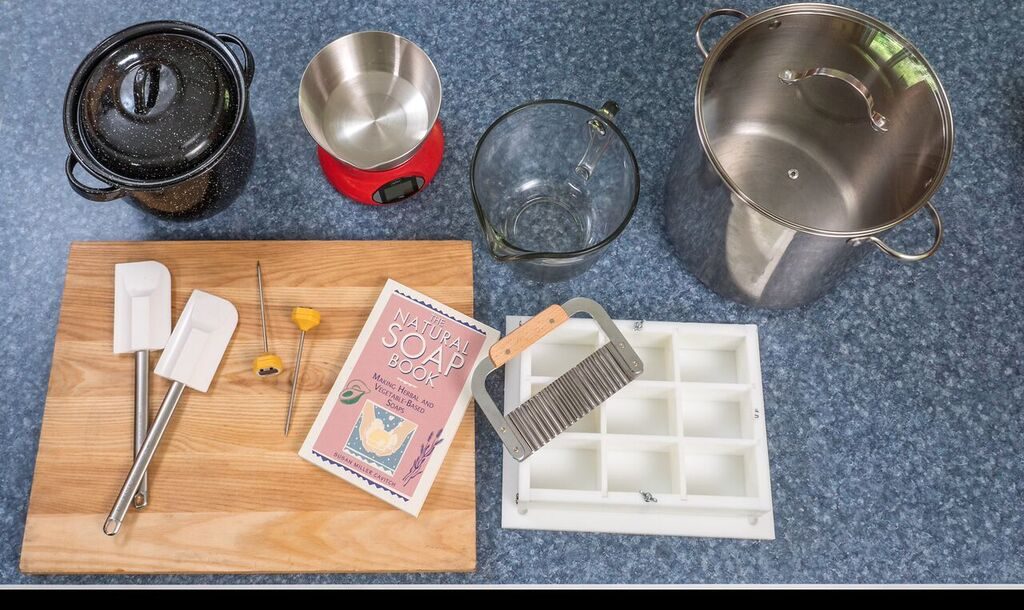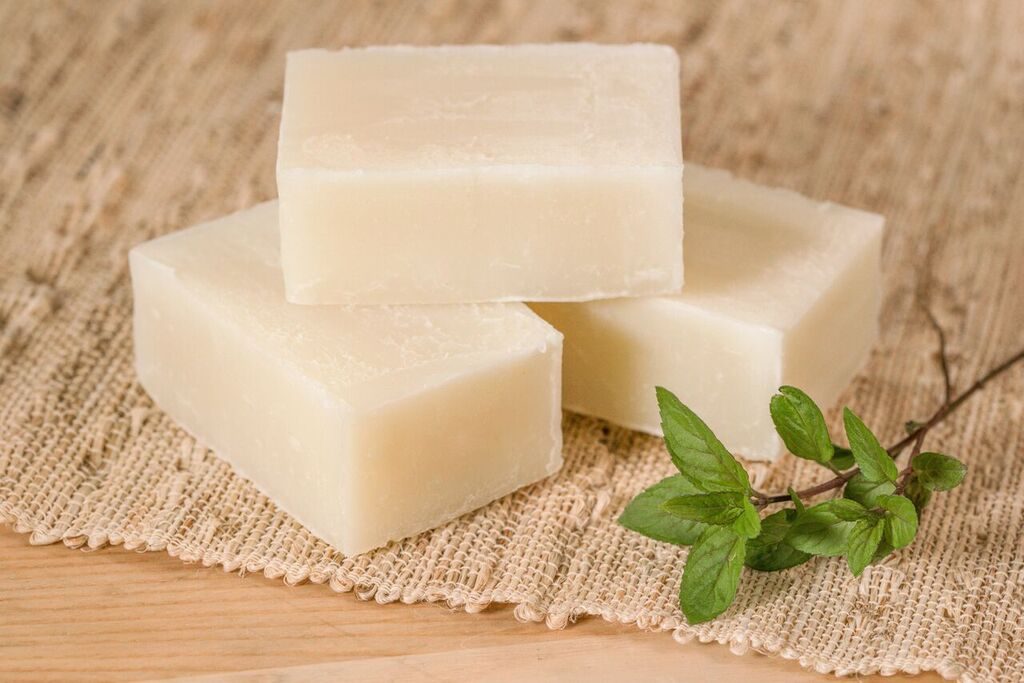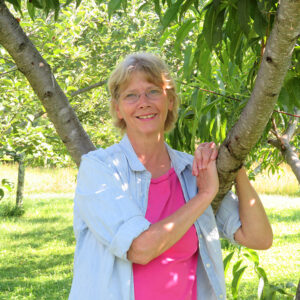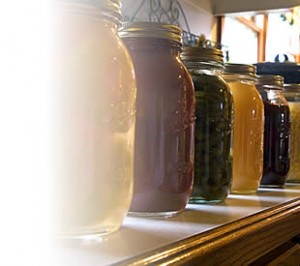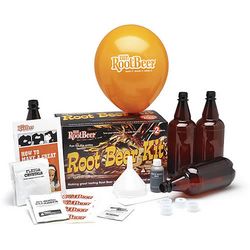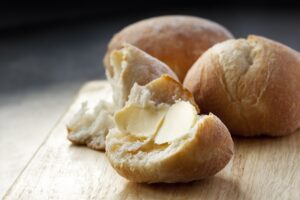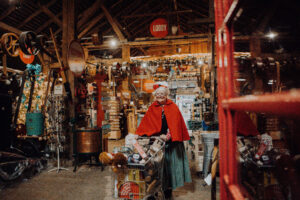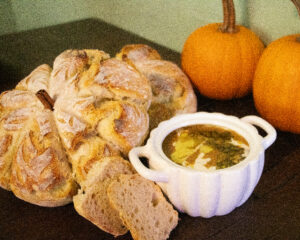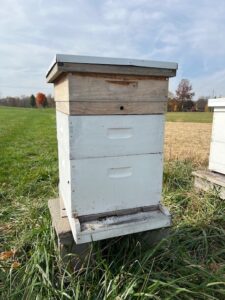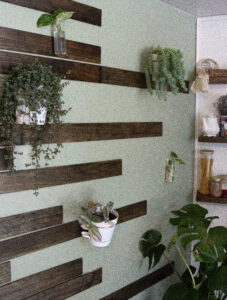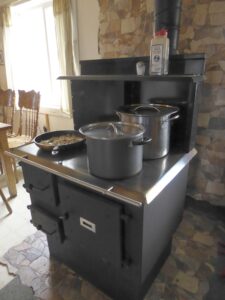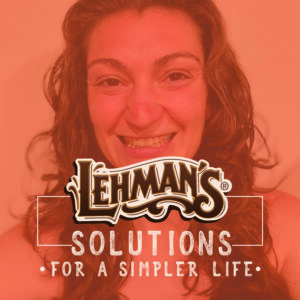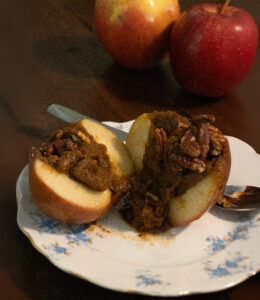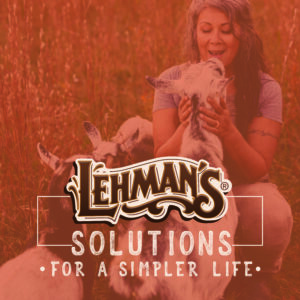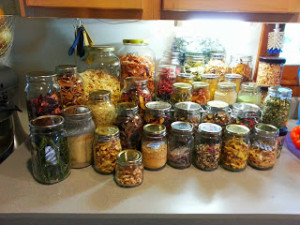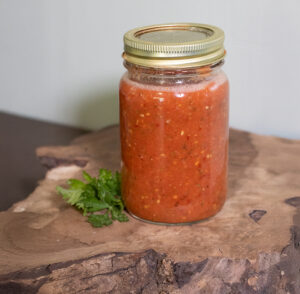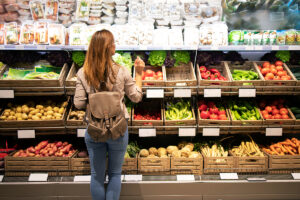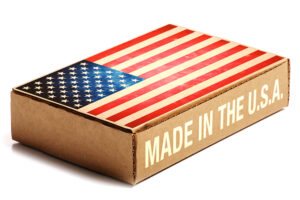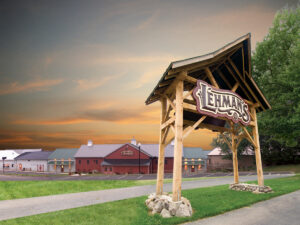For years I wanted to make soap but I will confess to being afraid of the process. I worried about the lye around my children, and I worried it would be one of those things I invested a lot of money in and never stuck with long enough to get really good at.
Finally, two years ago I took the plunge and I have never looked back. I haven’t purchased another bar of soap, and my hobby keeps me well-supplied with gifts for family and friends throughout the year.
My first step was to get a good book. I also bought good goggles and long rubber gloves and I invested in a thermometer and a quality scale (you make soap by weight, not volume). Much of the rest of my equipment was scavenged. You need lots of bowls, spoons and a few pans as well as things to use as molds.
The process is a bit complex to cover in a blog post (here’s the full tutorial along with a getting-started recipe) but the basics are just chemistry. You measure your lye and water, pour the lye into the water (never the water into the lye) and let it sit to cool. It is best to use glass for this as lye and water get VERY hot when mixed together. In a separate pan you add your fats. I love olive and coconut oils but there are dozens of fats to choose from.
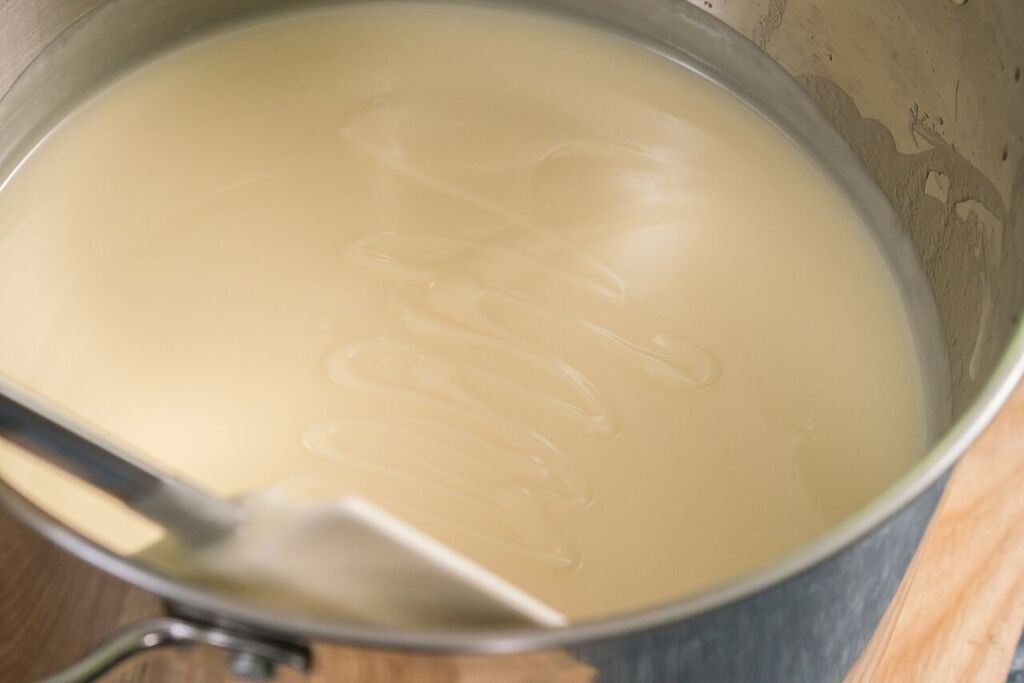
When the fat and lye mixture are the same temperature, about 100 degrees, you carefully mix them together. Now it’s time to stir and stir. An immersion blender speeds this up a lot. When you can run a spoon through the mixture and leave a trail behind (trace) your soap is ready to pour into your mold. It will need to sit undisturbed overnight. The next day you can unmold your soap and set it in a warm, dry place to cure I leave mine for about 6 weeks.
Once you have made several batches you can start to get creative adding essential oils or herbs, experiment with different fats and oils and play around with molds. You can even cover your soap with wool roving and felt it for a really special product.
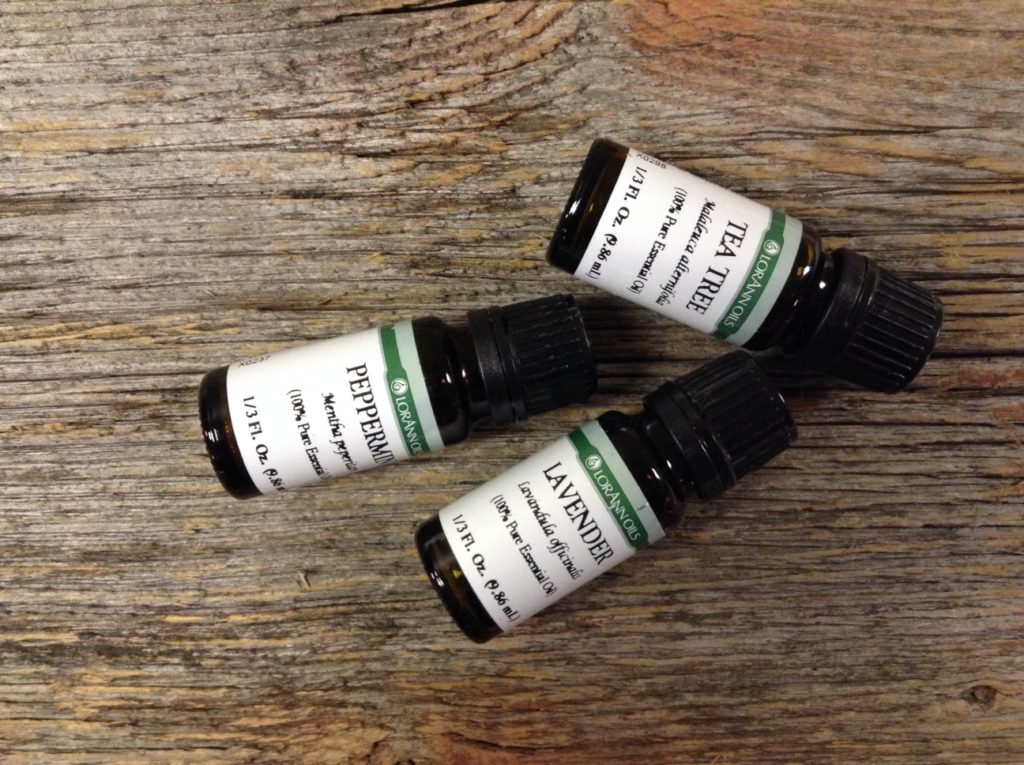
Here is my word of warning. Soap making can be an addiction. It is one of those things that provides a product that is both useful and beautiful. It allows your creativity to soar. Your soap is not filled with questionable ingredients and it doesn’t come with layers of unnecessary packaging. It’s a win for you and the planet. But if you find yourself looking around your house for a space to turn into a soap studio, well don’t say I didn’t warn you.

